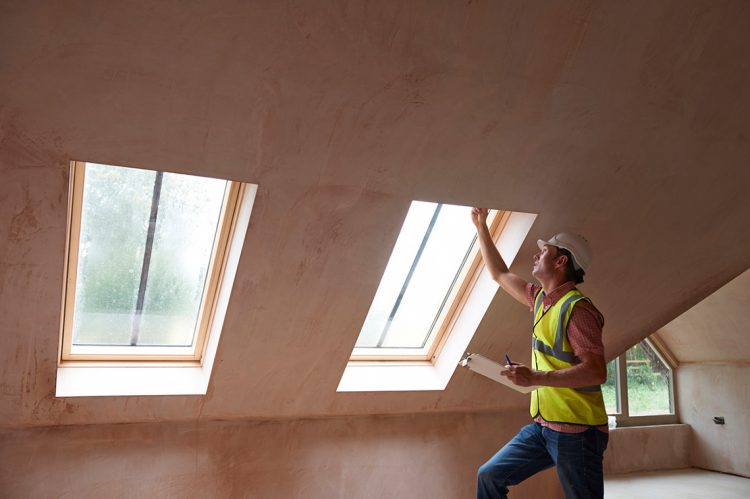When you decide that owning your first home is a smart decision, a professional home inspection should be at the top of your list for must do’s.
Inspectors for homes have an incredibly vital job in the home buying process. Choosing the right home inspector is therefore a vital exercise.
Before making an offer, you should have at least an understanding of the basics.
Let’s look at everything a buyer should know about a home inspection.
What is a home inspection?
A home inspection is a professional evaluation of the structural, mechanical and electrical systems of a property.
Home inspectors will also inspect for any potential hazards or code violations. They may also perform tests to determine the condition of the roof, walls, insulation and windows.
Home inspectors use a variety of equipment and techniques to gather information, such as walk-through and video inspections. A top-notch home inspector will essentially go through the property with a fine tooth comb from top to bottom.
They leave no stone unturned so a home buyer can have peace of mind with their purchase.
Home inspection checklist
It is not a bad idea to have a home inspection checklist before meeting the home inspector and walking through the property.
A home inspector will typically start the inspection process by looking over the exterior grounds of the property. They will look at the grading, and the exterior structures.
Let’s look more closely at what exactly a house inspector will look for.
The land and grading: One of the most crucial functions of an inspector is to check for any potential water issues. They will look for poor grading and potential areas where water can penetrate the building envelope. Do your gutters and downspouts look like they are functioning adequately?
The home’s structure: Are there any cracks in the foundation? Does the inspector see any wood decay? Is there cracking of the clapboards? Any peeling paint?
The roof: One of the more essential points in any inspection is making sure the roof has years of life left in it. Do any of the shingles have cracks? Are they lying flat on the roof?
The chimney: Is the fireplace structurally sound? Is there any cracking in the bricks? Does anything need repainting?
Windows and doors: How do the windows and doors look? Are they all functioning properly? How about the surrounding trim? Is there any rotting wood in the frames?
Basement: One of the most crucial parts of any inspection is the basement area. Are there any visible structural issues? Is there any cracking of the foundation or water penetration?
HVAC systems: It goes without saying that the heating and cooling systems are also crucial to the proper function of any home. A good inspector will pay particular attention to these items, noting any deficiencies. The age will be noted and the buyer will be informed about the expected remaining life.
Electrical systems: The inspector will check the electrical panel for safety, make sure wiring is grounded and inspect outlets are functioning properly.
Plumbing systems: Making sure all the plumbing in the home has no leaks and there is adequate water pressure are two important functions of an inspector. They will also ensure all fixtures are secured properly.
Interior rooms: Inspectors will look through each room one by one noting any defects. For example, is there adequate heating and cooling? Are there any ceiling stains? Do all the windows open and close properly?
These items are just a quick overview of what a home inspector looks at. There is much more that goes into a thorough inspection.
How much does a home inspection cost?
The two most important variables that will impact the cost of a home inspection is where you’re located and the square footage of the home.
A good ballpark cost you can expect to pay is somewhere between $400-900.
Final thoughts
In hot seller’s markets many home buyers will waive their home inspection in order to make their offer more attractive to sellers. Unfortunately, doing so can come back to bite you.
Many buyers will discover issues after their purchase when they have not taken advantage of a professional looking over their purchase. When it is a buyer’s market, your real estate agent will have a significant responsibility of negotiating any potential issues that should be addressed.












